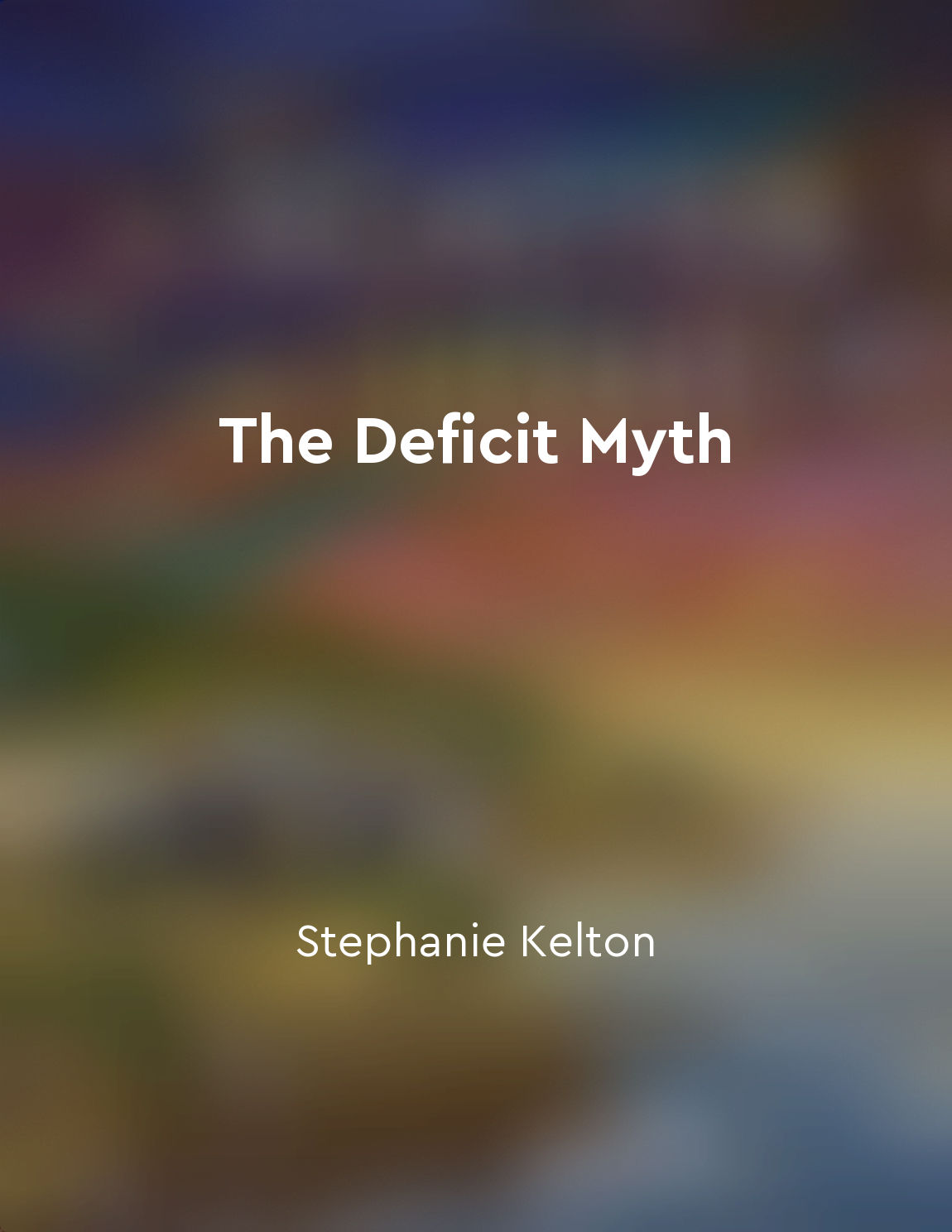Laissezfaire policies have limitations from "summary" of The Economic Naturalist by Robert H. Frank
Laissez-faire policies have been a subject of much debate among economists and policymakers. The idea that markets should be left to operate without interference from the government is appealing in its simplicity. Proponents argue that this approach allows for maximum efficiency and innovation, as individuals are free to pursue their own self-interest. However, this hands-off approach can have limitations that are often overlooked. One of the key limitations of laissez-faire policies is the potential for market failures. While markets are generally efficient at allocating resources, they are not perfect. Externalities, such as pollution or congestion, can result in costs that are not borne by the parties involved in the transaction. In these cases, government intervention may be necessary to correct the market failure and ensure that resources are allocated efficiently. Another limitation of laissez-faire policies is the potential for monopolies to emerge. In a truly competitive market, firms are unable to earn excess profits in the long run. However, in practice, firms may engage in anti-competitive behavior or mergers that allow them to dominate a market and restrict competition. Without government intervention to promote competition, consumers may face higher prices and reduced choice. Furthermore, laissez-faire policies may not adequately address issues of income inequality. In a free market, individuals are rewarded based on their productivity and contribution to society. However, this can result in unequal outcomes, with some individuals earning significantly more than others. Without government intervention to redistribute wealth, income inequality may persist and hinder overall economic growth.- While laissez-faire policies have their advantages, it is important to recognize their limitations. Market failures, monopolies, and income inequality are all potential challenges that may arise in a purely free market system. As such, a balance between market forces and government intervention may be necessary to ensure a well-functioning economy.
Similar Posts
The totalitarian mindset seeks to control every aspect of life
The totalitarian mindset is characterized by a desire for complete control over every aspect of life. This desire stems from a ...

Fiscal policy can be used to achieve social and economic goals
Fiscal policy is a powerful tool that the government can use to achieve social and economic goals. By adjusting its spending an...
Pigovian taxes aim to internalize externalities
Pigovian taxes are designed to correct market failures that arise from externalities. An externality occurs when the actions of...
The central bank conducts monetary policy to influence the economy
The central bank plays a crucial role in influencing the economy through its monetary policy. Monetary policy refers to the act...
Hope
Hope is a fragile thing, easily shattered by the weight of reality. It is a feeling that keeps people going in the face of adve...
Sustainable development requires balancing economic and environmental concerns
Sustainable development is a complex and multifaceted concept that involves finding a delicate balance between economic growth ...
The Fallacy of Job Creation through Government Spending
The idea that government spending can create jobs is a fallacy that is often perpetuated in discussions about economic policy. ...
The Bretton Woods system established postWorld War II economic order
The Bretton Woods system was a landmark agreement forged in 1944 by 44 Allied nations during a conference held in Bretton Woods...
Price discrimination can benefit firms
Price discrimination refers to the practice of charging different prices to different customers for the same product or service...
Economic reforms can lead to societal change
Economic reforms have the potential to catalyze significant transformations within society. When policies and regulations gover...

